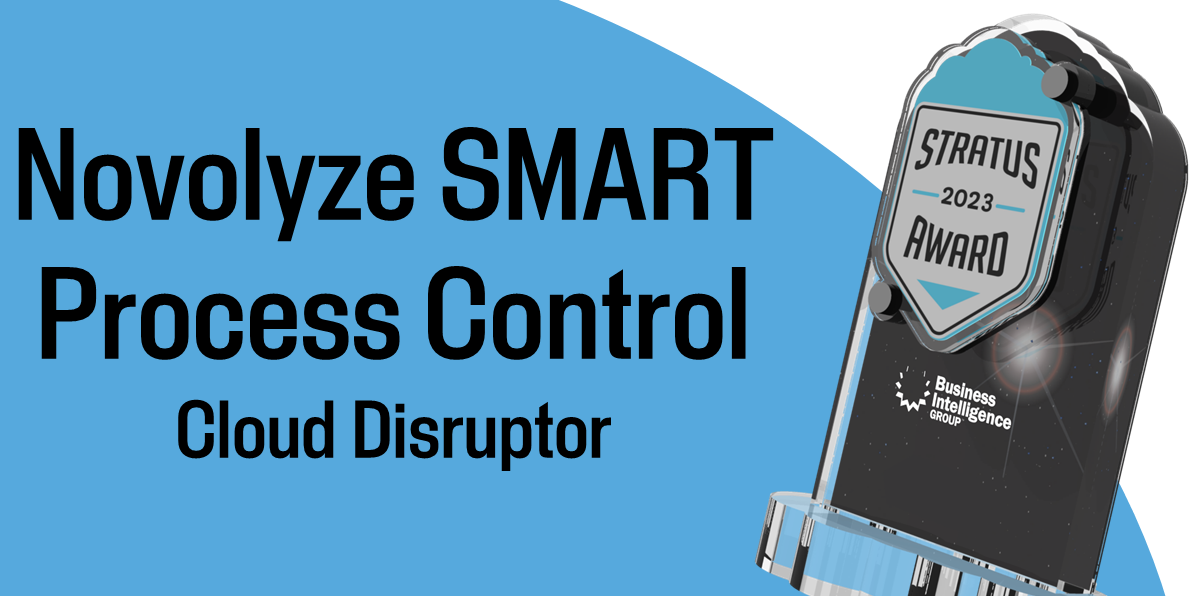What data should I collect during F&B processing?
Not only does this simplify and streamline regulatory compliance, but historical data can also help identify performance trends, conduct statistical analysis, and detect process deviations for continuous improvement. Thanks to the decrease in costs of computing and storage, it's becoming increasingly feasible to implement a structured data collection program that includes information on environmental conditions. By doing so, you can gain additional insights into process improvement that can make a significant difference in both safety and efficiency.
Improving air quality is crucial to enhancing product quality and safety. Understanding the impact of airborne particles like dust and microbial contaminants can lead to better control systems and ultimately improve the overall process. Humidity level is another impactful environmental factor for food processing operations. Excessive humidity can lead to the growth of harmful bacteria and mold, resulting in food spoilage and contamination.
In addition to installing air and humidity sensors, gaining a better understanding of how these environmental factors evolved will help create optimal processing conditions and improve the quality and safety of the final product.
Food processing involves the generation of various data types, including temperature, pressure, flow rate, pH, and moisture content. While each of these factors can impact the processing operations, it's essential to integrate industry benchmarks and scientific models to identify significant effects and interactions among independent variables.
For example, the temperature and pH of milk have a substantial impact on the final dairy product, e.g. yogurt, while the storage environment's temperature and humidity significantly affects the shelf life of meat products. Therefore, having a comprehensive understanding of how these variables fluctuate and utilizing the proper tools to make adjustments when necessary can result in consistent and high-quality products.
This blog post was adapted from just one page of our free 16 page eBook, Smart Process Control: Maximizing Operational Efficiencies (OEE) and Reducing Costs in Food Processing.
Novolyze's purpose-built platform for food processors not only offers Smart Process Control for optimal operational conditions and consistent product quality, but it also assists with effective risk management and cost control.
By leveraging the power of data collection and analysis, Novolyze provides insights that can help identify potential risks and inefficiencies in real-time, allowing for proactive decision-making and problem-solving. Additionally, the integrated Novolyze platform makes it easy to track and monitor key performance indicators, enabling businesses to make data-driven decisions for long-term success.
Novolyze's unique approach to food processing provides a comprehensive solution that ensures product safety, quality, and sustainability for your business.






